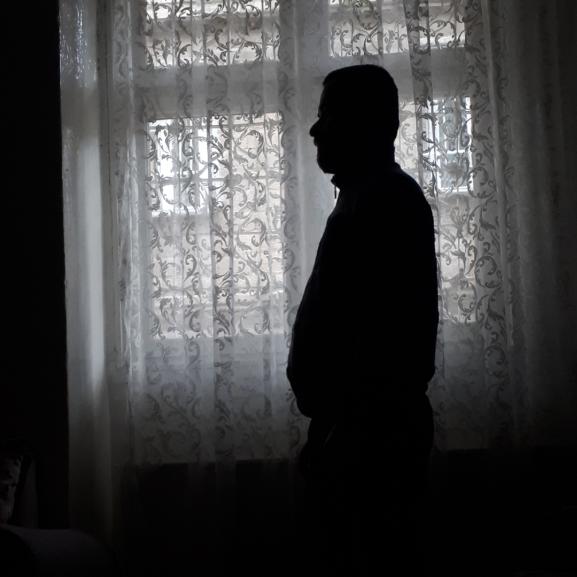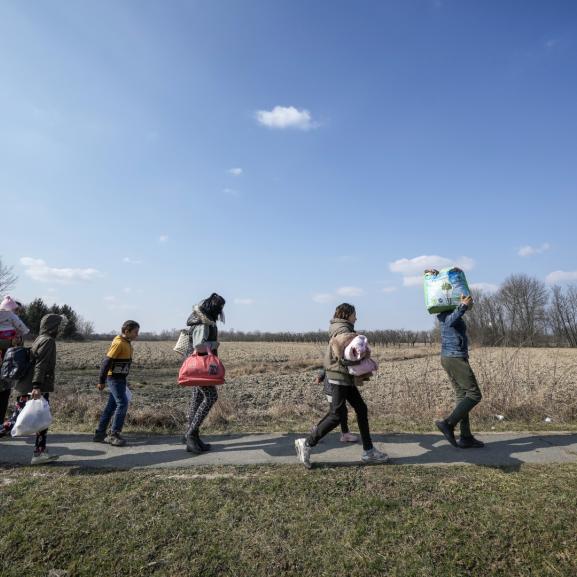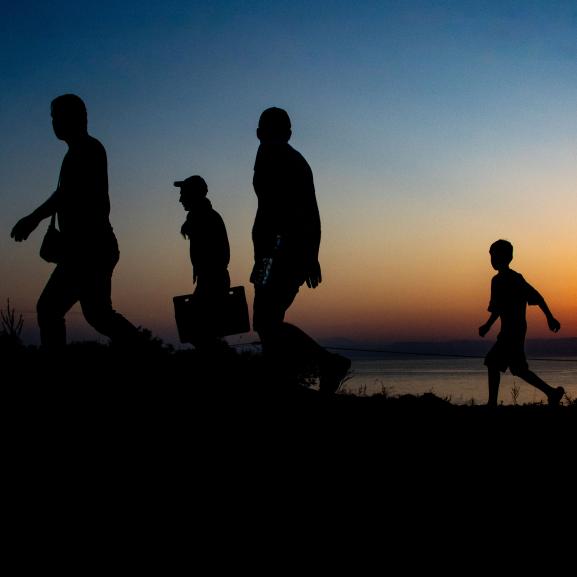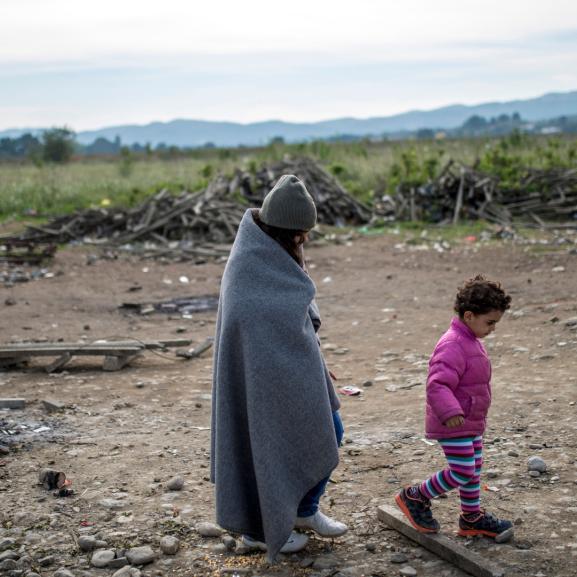An inhumane and unworkable immigration detention system: why is the Home Office in denial?
The Home Affairs Select Committee published a scathing report of the UK’s dysfunctional immigration detention this month.
The report, which identified “serious failings” in almost every area of the immigration detention process, described the Home Office’s approach to immigration detention as “cavalier” and inhumane, particularly towards vulnerable people like torture survivors.
Balla, a teacher in Gambia, was brutally tortured as part of a government opposition crackdown, and fled to the UK. Without explanation, he was driven in a van for hours, only to find himself in another kind of prison cell. “I was tortured physically back home, but in immigration detention, I was tortured mentally,” he remembers now. Balla’s ordeal in the UK is all too common.
The Home Affairs Select Committee published a scathing report of the UK’s dysfunctional immigration detention this month. The report, which identified “serious failings” in almost every area of the immigration detention process, described the Home Office’s approach to immigration detention as “cavalier” and inhumane, particularly towards vulnerable people like torture survivors.
The report, which identified “serious failings” in almost every area of the immigration detention process, described the Home Office’s approach to immigration detention as “cavalier” and inhumane
Freedom from Torture works with survivors of torture trapped in the asylum determination system. For years, we have been raising serious concerns about the Home Office’s flagship policy - known as the Adults at Risk policy - for identifying vulnerable people and keeping them out of detention. The Committee’s damning indictment of this failing policy supports our concerns and calls for the radical overhaul that we have been asking for.
By the Home Office’s own standards, torture survivors should never be detained – but the reality is very different. Between January 2017 and December 2018, over 170 people in detention were referred to Freedom from Torture, all vulnerable and suspected of being survivors of torture. Freedom from Torture research has shown that even after detainees were formally identified as ‘at risk’, only 6% were released in last year.
Freedom from Torture research has shown that even after detainees were formally identified as ‘at risk’, only 6% were released in last year.
The damage done by immigration detention is catastrophic. After experiencing the worst of humanity and fleeing torture, survivors arrive in the UK and are put in prison-like cells. Often they are given little to no information about what will happen to them. Detainees bang their heads against the prison cells in despair, they suffer from harrowing flashbacks and they self-harm – all too familiar stories that our in-house clinical staff forensically document day after day. The damaging effect that detention can have on torture survivors’ right to rehabilitation and their road to recovery is clear.
The Windrush scandal exposed the impossible burden placed on individuals to prove their entitlement to be in the UK - disbelieved at every turn. But Freedom from Torture has long argued that the problem goes deeper and is systemic. A culture of poor decision-making and mistreatment of medical evidence by the Home Office, as documented in our 2016 report Proving Torture, remains embedded in the UK’s protection system today.
The Home Affairs Committee’s indictment of this unworkable policy shines a spotlight on how torture survivors and other vulnerable people are made to jump through hoops every day - all within a system that sets them up to fail.
Home Office’s own admission that it has spent a minimum of £21m in compensation to detainees who were unlawfully detained between 2012 and 2017 speaks volumes.
This new report is one of just a series of reports which have reached similar conclusions, even while the government remained seemingly deaf to all calls for change. In January 2019, the Joint Committee for Human Rights described our immigration detention system as “slow, unfair and expensive to run” proposing that decision making on detention matters should be taken away from the Home Office and be made independent. And more generally, the Institute for Government recently published a report which was so damning that it asked whether the responsibilities should be removed from the Home Office entirely.
Home Secretary Sajid Javid has repeatedly denied that there is a hostile environment, stating that it “does not represent our values as a country”. But the Home Office’s own admission that it has spent a minimum of £21m in compensation to detainees who were unlawfully detained between 2012 and 2017 speaks volumes.
The deprivation of liberty and the protection of people’s basic rights have been flouted for too long by this department. We urgently need serious reform and support the Committee’s recommendations for more humane decision making, improved safeguarding and effective judicial oversight. If the government is serious about protecting torture survivors and vulnerable people, it must heed the words of our parliamentary committees and its own independent advisers. No more denial.








